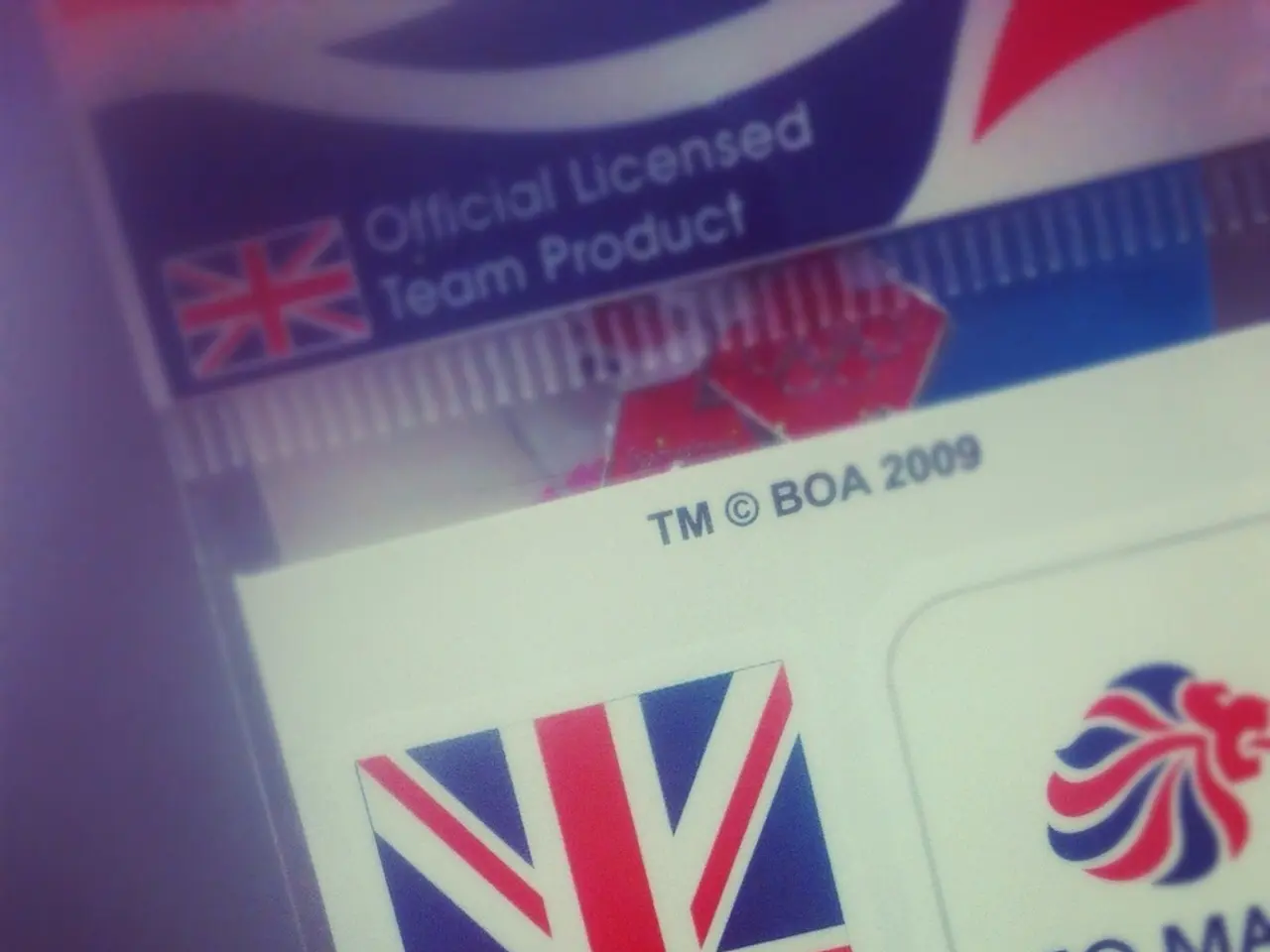UK MP Peter Kyle defends the country's free speech regulations in response to a US report's criticism of the Online Safety Act.
The UK's Online Safety Act, introduced in 2023, has sparked significant concerns and criticisms regarding freedom of speech and censorship. The Act, which came fully into force on 25 July, has been met with opposition due to its potential impact on free expression, privacy, and open access to information online.
One of the main concerns is the Act's threat to free expression. Critics argue that by allowing the government and tech platforms to arbitrate and restrict speech online, the Act could potentially censor legitimate content and public interest discussions. Examples include blocking of content about important global issues like the wars in Ukraine and Gaza, and even parliamentary debates on sensitive domestic topics, for users who have not completed age verification.
Strict age-verification measures enforced by the Act have also raised serious privacy concerns. Users are required to upload IDs or similar documents to access certain content, which may expose them to data misuse or algorithmic discrimination. Moreover, millions without formal ID could be effectively excluded from parts of the internet.
Overzealous moderation driven by compliance fears risks overblocking, where companies err on the side of removing or restricting content to avoid penalties. This stifles legitimate public debate and factual information, contrary to the intended goal of protecting users, especially children.
The Act imposes a censorship regime that many UK internet users reject. The surge of VPN downloads that circumvent geo- or age-based restrictions signifies public resistance to enforced content controls and perceived loss of internet freedoms.
Enforcement by Ofcom prioritizes protection of children but may lead to rapid and strict penalties against providers not meeting the law’s demands, increasing pressure on platforms to remove or restrict content extensively, potentially at the cost of free expression.
Some discourse around the Act frames opposition as support for harmful actors, but this framing is highly controversial and has been criticized as oversimplifying legitimate concerns about censorship and rights online.
Free speech advocates have condemned the Act as "monstrous censorship". Wikipedia has mounted a legal challenge against the Act, adding to the ongoing debate about its implications for online freedoms in the UK.
Despite the controversy, the government has stated that it will not ban VPNs, acknowledging the public's resistance to the Act's content controls. The US government has also published a report accusing the UK of backsliding on human rights and curbing freedom of expression under Labour.
The report cites the Axel Rudakubana killings as an "especially grievous example of government censorship" against ordinary citizens. The killings occurred in response to Rudakubana's social media posts criticising the government.
As the debate continues, it is clear that the Online Safety Act has raised significant concerns about the balance between protecting children and preserving online freedoms. Whether these concerns can be addressed remains to be seen.
References: 1. The Guardian 2. BBC News 3. The Telegraph 4. The Times 5. The Independent
- The UK's Online Safety Act, which has sparked concerns over freedom of speech and censorship, has been criticized for its potential impact on free expression, as critics argue that it could potentially censor legitimate content and public interest discussions, such as parliamentary debates on sensitive topics and reports about global conflicts like the wars in Ukraine and Gaza.
- Strict age-verification measures enforced by the Act have raised serious privacy concerns, as users are required to upload IDs or similar documents to access certain content, potentially exposing them to data misuse or algorithmic discrimination, and millions without formal ID could be effectively excluded from parts of the internet.
- The Act has been met with opposition not only in the UK, but also in the US, where a government report accused the UK of backsliding on human rights and curbing freedom of expression under Labour, citing the Axel Rudakubana killings as an "especially grievous example of government censorship" against ordinary citizens in response to his social media posts criticising the government.




